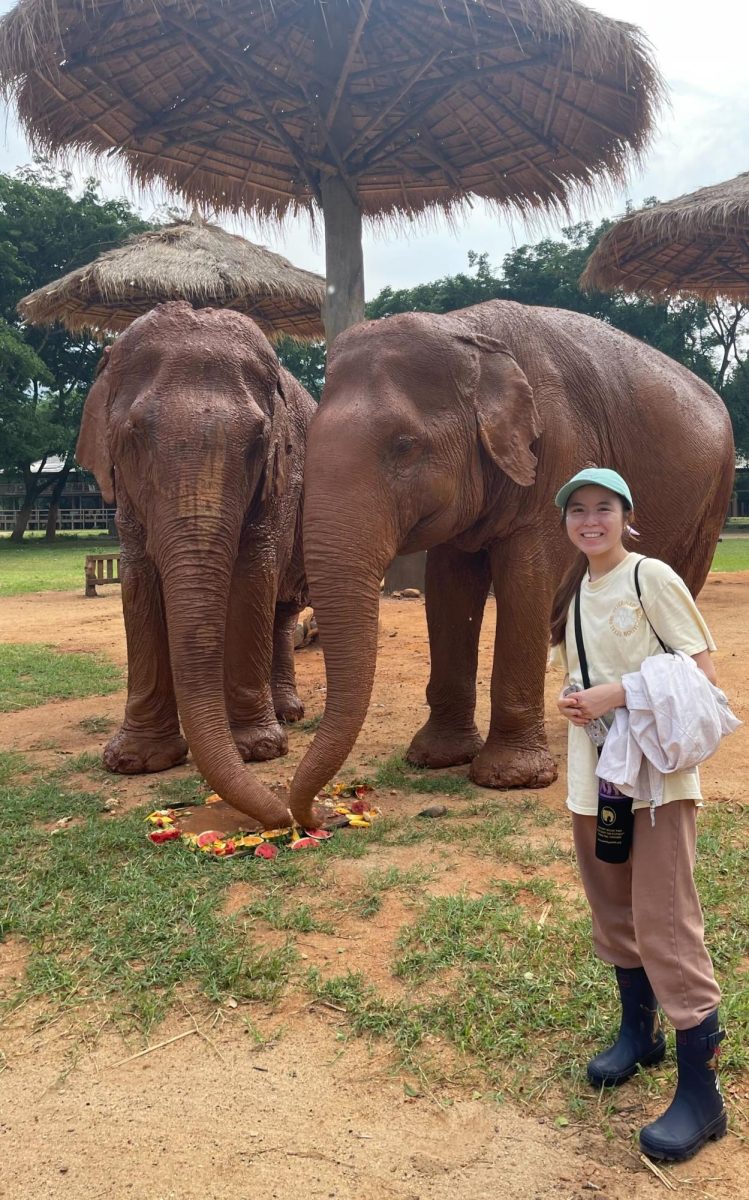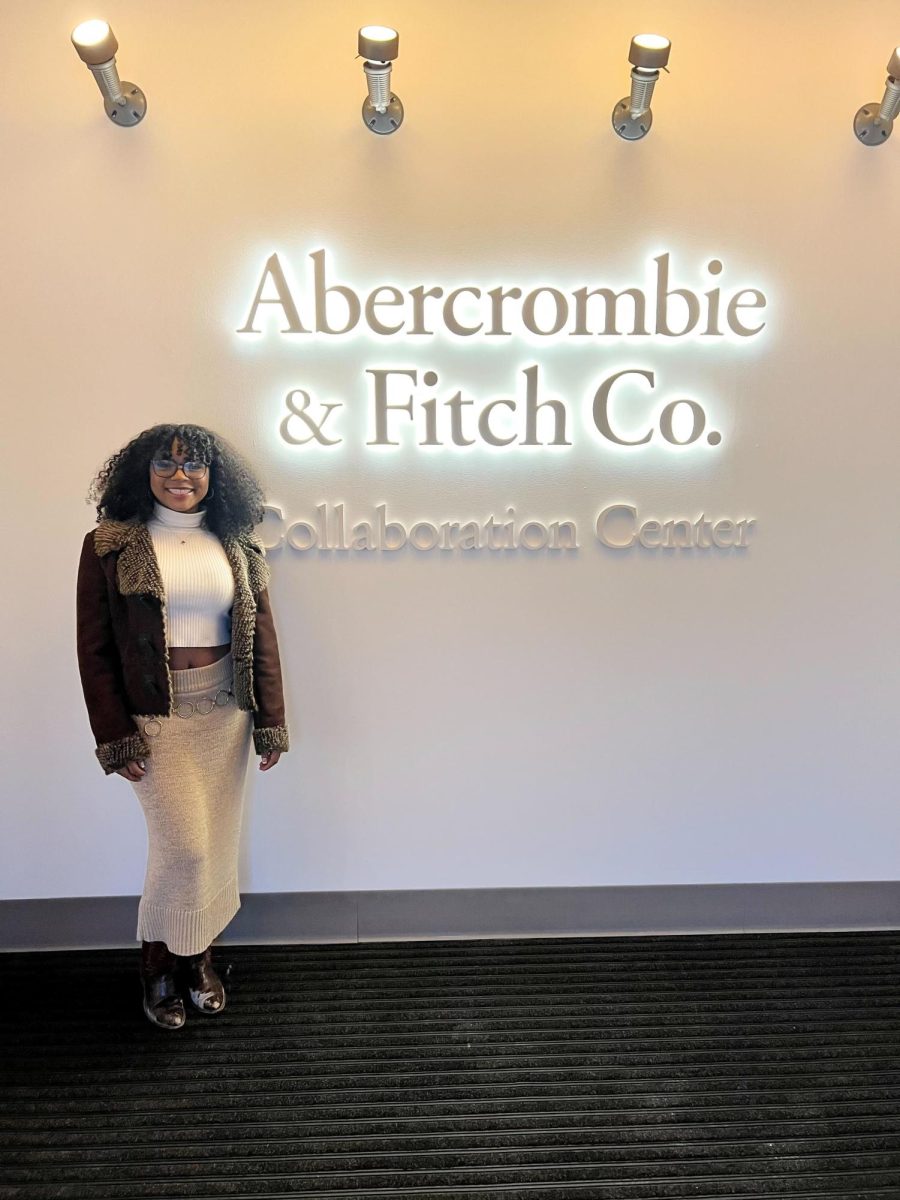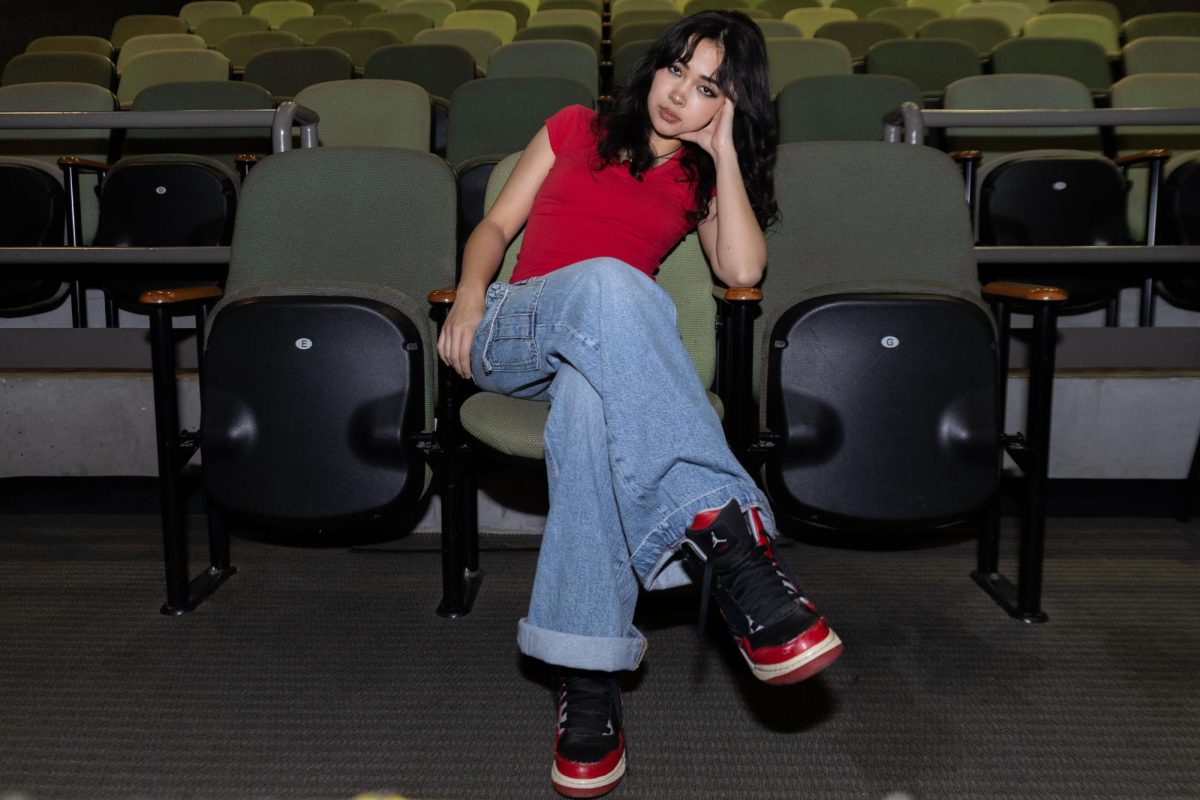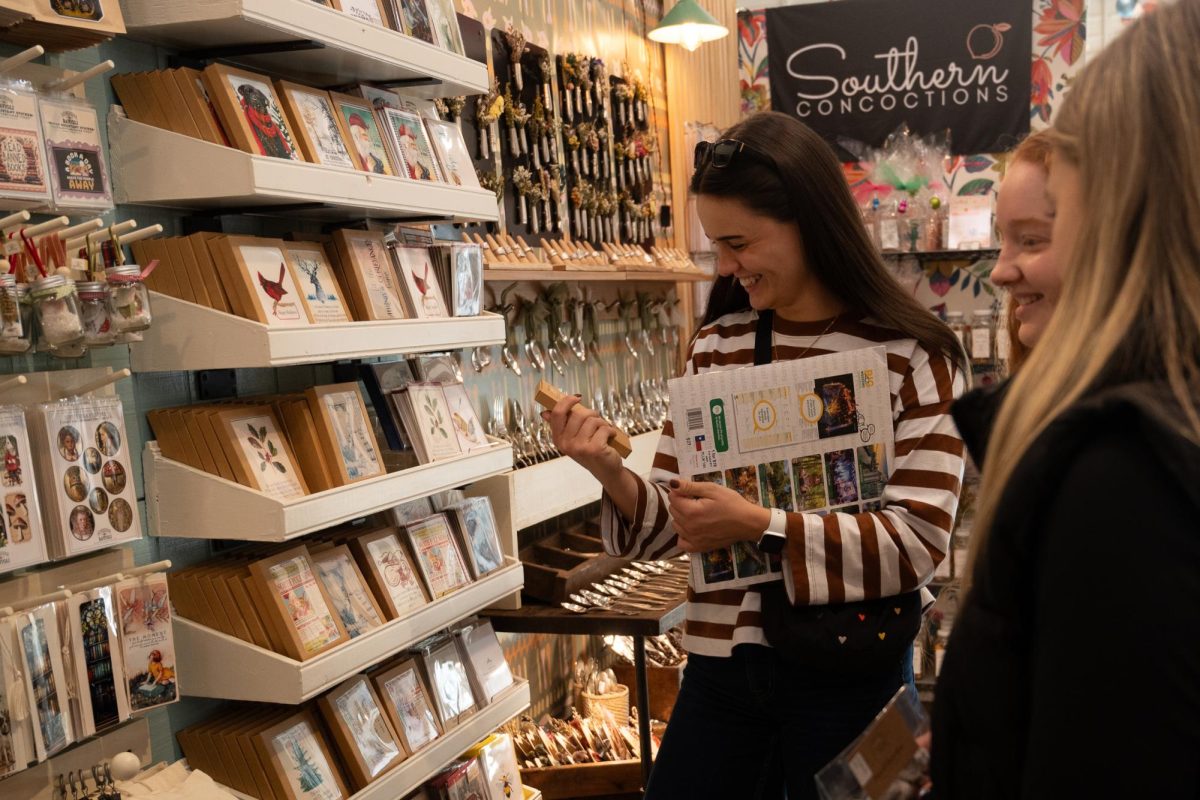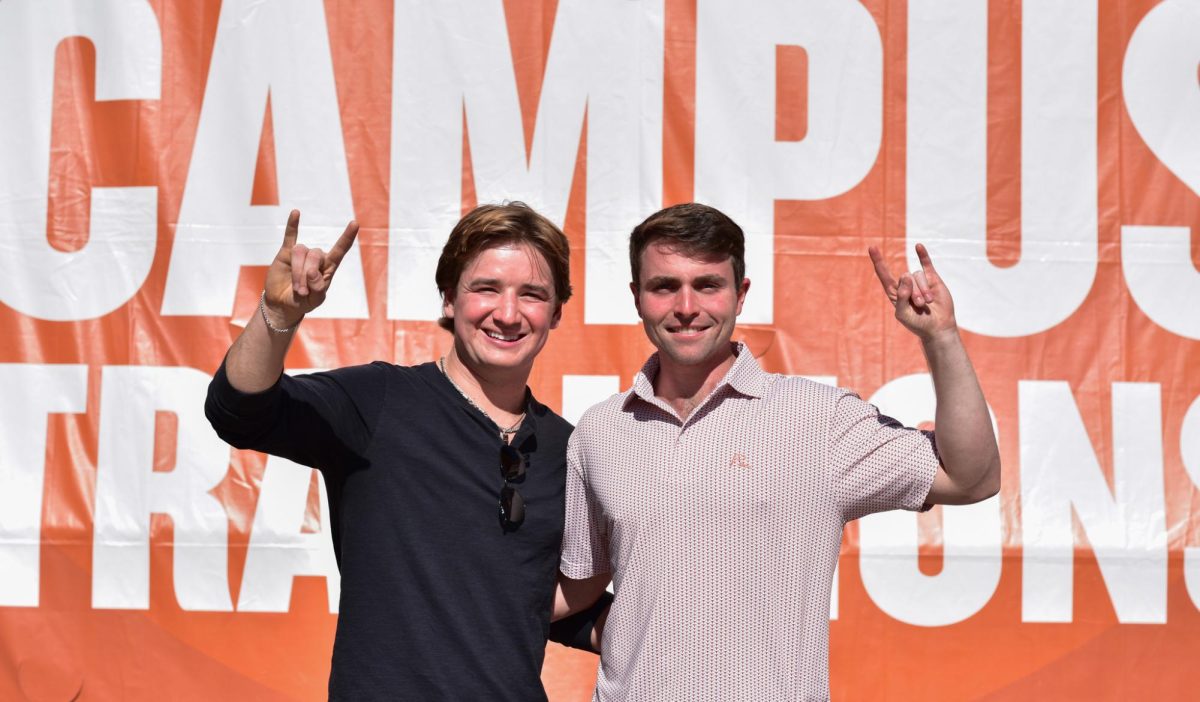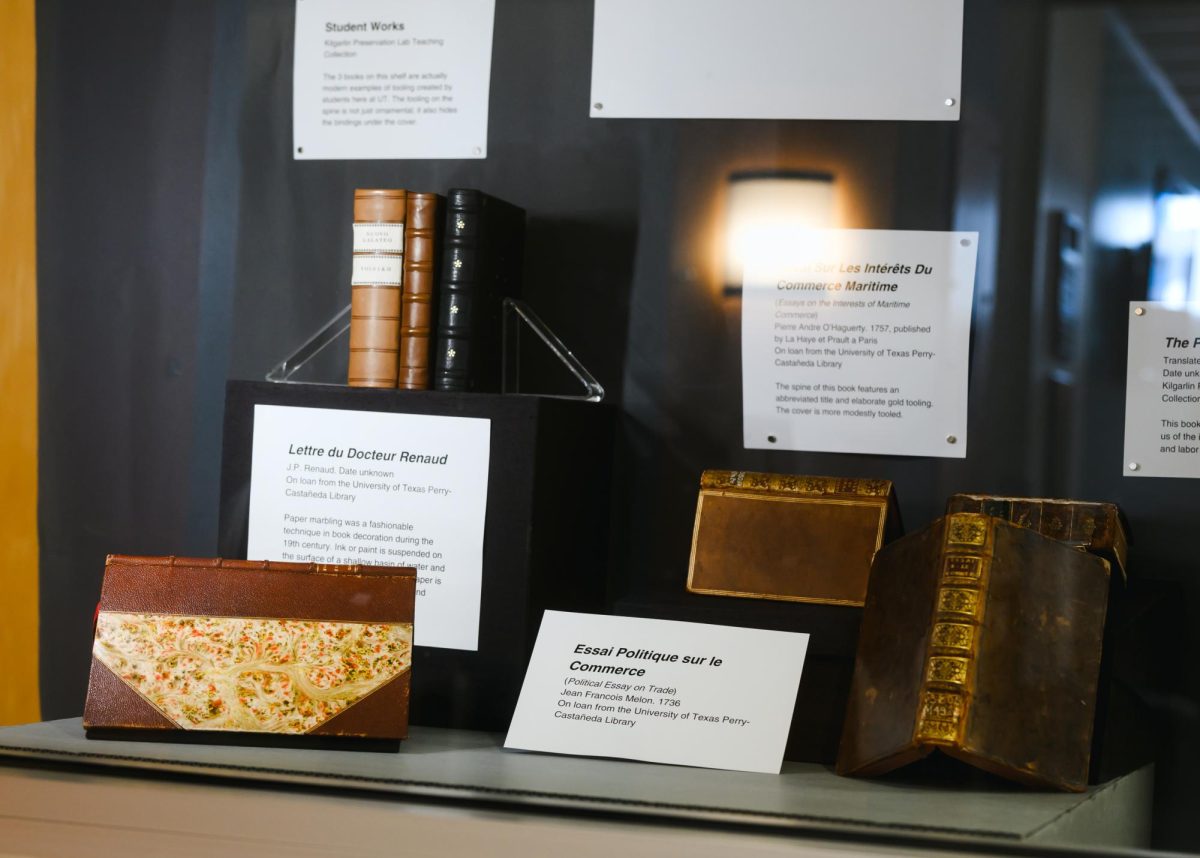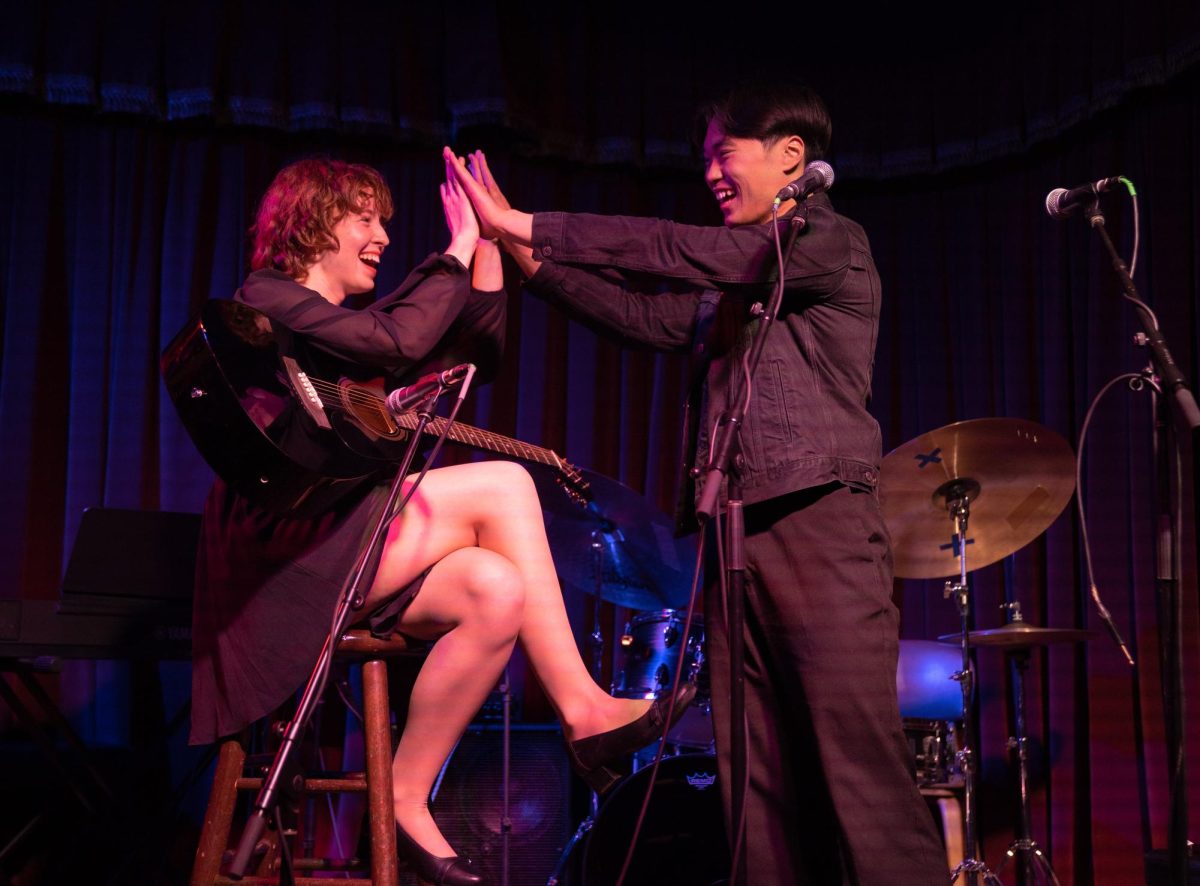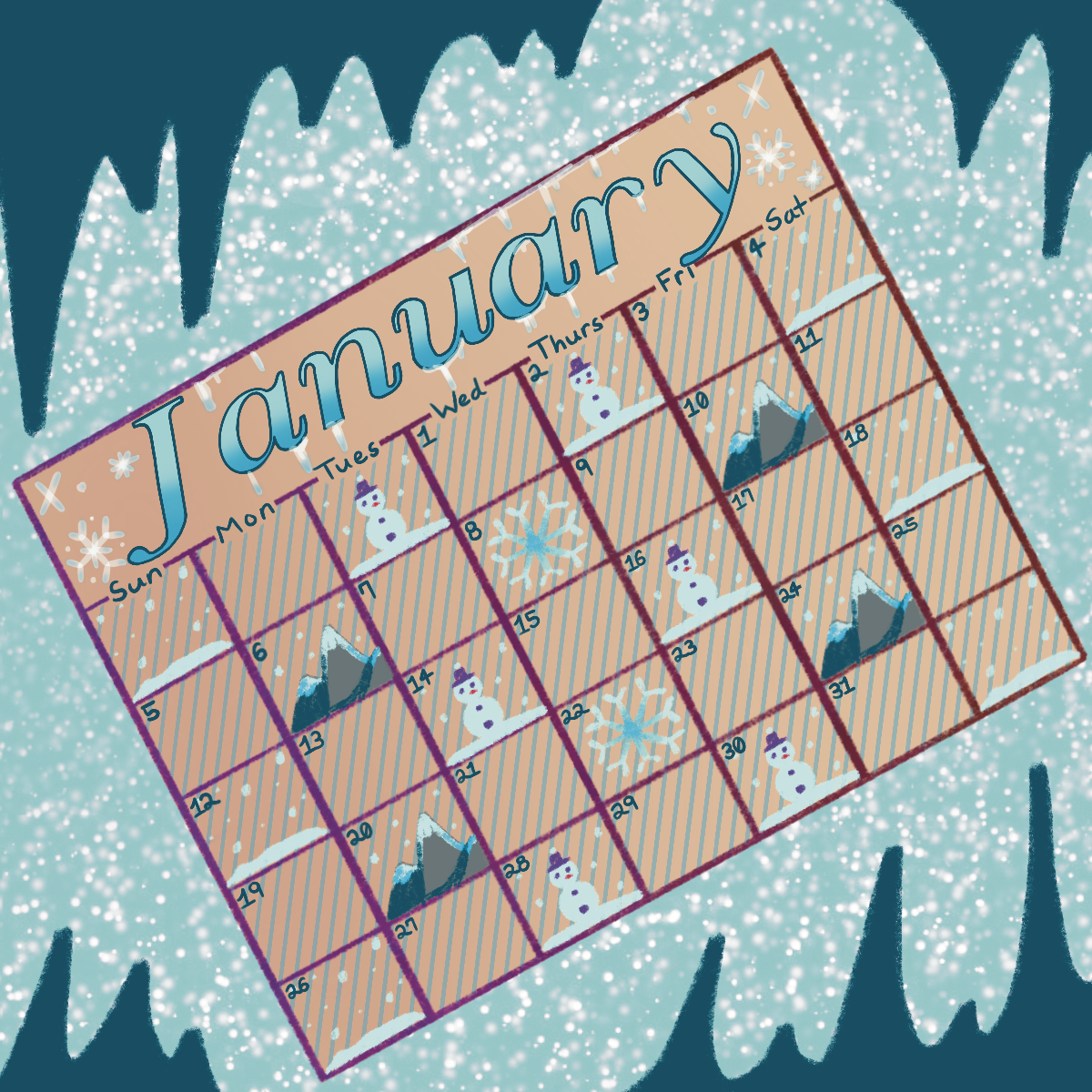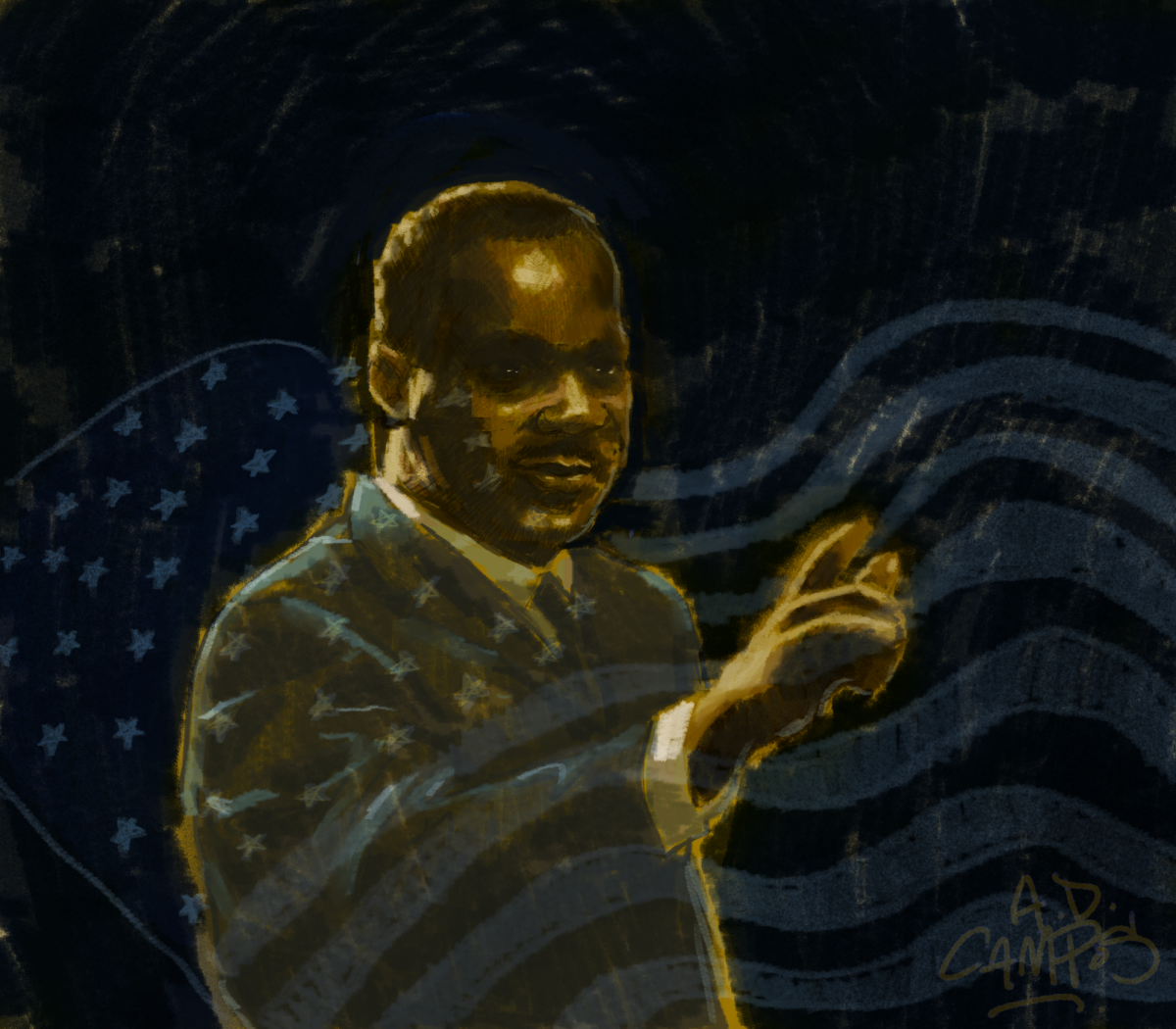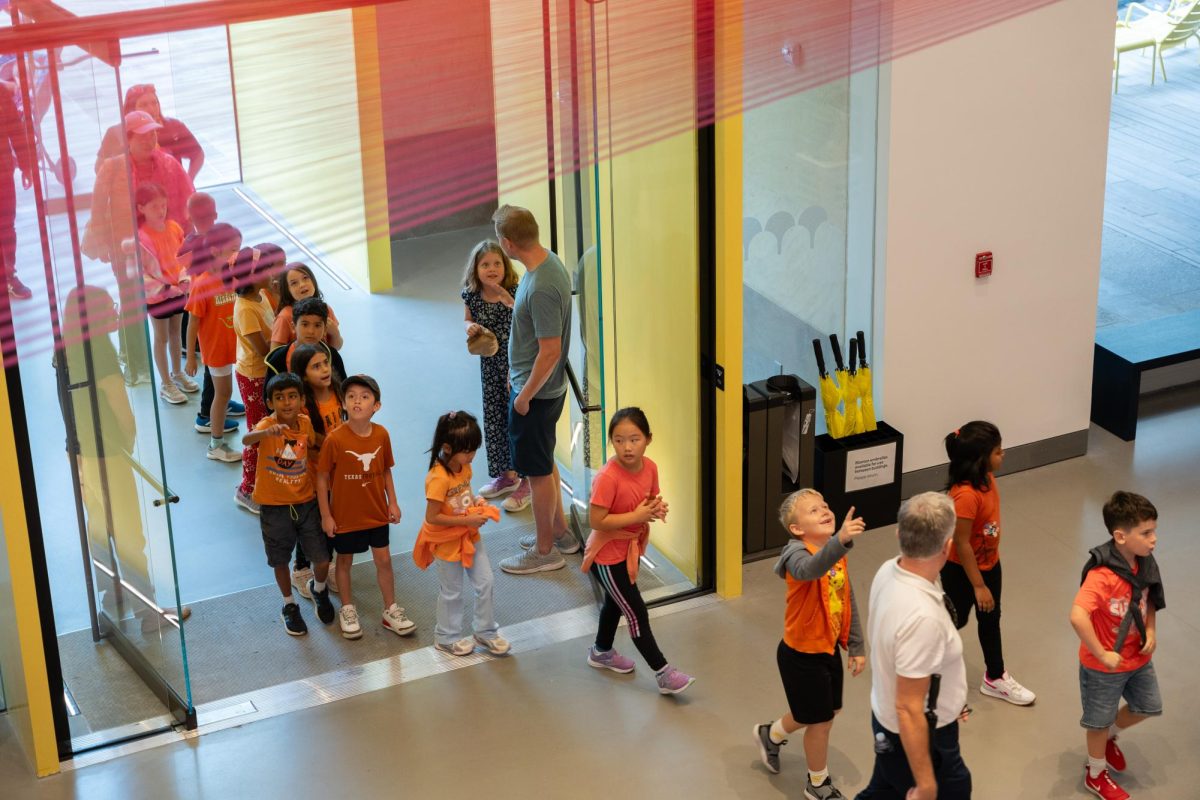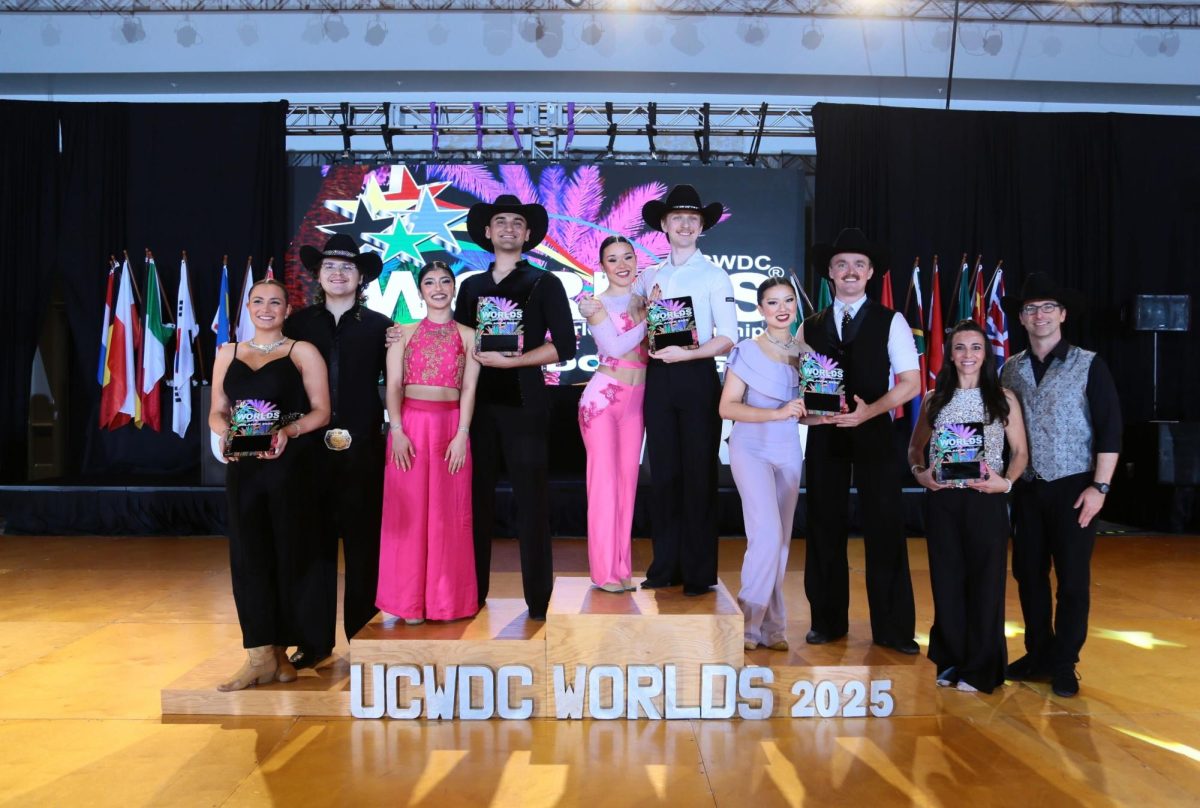Surrounded by scalpels and bandages, aspiring medical students work hard to care for their ailing patients. Taking vitals, drawing blood and measuring heartbeats, they’re dedicated to their future professions. But not every doctor has to measure a patient’s trunk length.
As a Loop Abroad Veterinary Service participant, biology senior Brycelyn Ramirez spent two weeks in Thailand helping animals, discovering Thai culture and gaining hands-on veterinary experience. Ramirez and her team volunteered at the Elephant Nature Park in northern Thailand, working directly with the giant animals and learning about large-scale animal rescue and conservation efforts. The Elephant Nature Park houses over 100 elephants rescued from trekking, logging or forced breeding programs.
Ramirez, who studies on the pre-veterinary track, said she initially felt intimidated by the medical profession. However, she became passionate about the field when she began volunteering and working with animals.
“(The veterinary field) is actually a lot about people,” Ramirez said. “That feeling of being able to actually help people, along with their pets, is what motivated me.”
As a veterinary trip leader, Dr. Amy Everly has overseen the Loop Abroad Thailand program for the past two years, introducing aspiring veterinarians to conservation and animal medicine.
“Most of my students are excited to see the elephants — that’s a very big draw,” Dr. Everly said. “This is very, very hands-on, so (there are) a lot of experiences that a lot of these students have not had.”
By following a study abroad model rather than a voluntourism approach, Loop educates its students to contribute meaningfully. The program also collaborates with local animal welfare organizations so students can partake in long-term, on-the-ground improvements in the countries they visit.
“Having these little moments of realizing how many different ways there are to do little things … That is one of the strongest and most important parts of a study abroad experience,” Alec Weigel, a fifth-year biochemistry and Plan II student, said about his study abroad experiences in Portugal last summer.
Dr. Everly said she’s excited to see a new, more diverse and empathetic veterinary field as travel programs like Loop Abroad grow in popularity.
“We kind of are in our own little bubble here in the States,” Dr. Everly said. “It’s really important that (veterinary) students have the experience … of getting out and realizing the differences, not even just in veterinary medicine, but culture. It pushes you out of your comfort zone being someplace so far away.”
Ramirez said the opportunity to work with animals internationally broadened her understanding of the field, and she learned a lot by discovering firsthand how veterinary scientists operate outside of the United States.
“It’s nice to have insight into veterinary medicine practices across the world,” Ramirez said. “To have that knowledge on what they specifically believe as opposed to what we believe and how we practice (in the U.S.) … I learned a lot more there in two weeks in Thailand than I did in the first clinic I ever worked at.”

